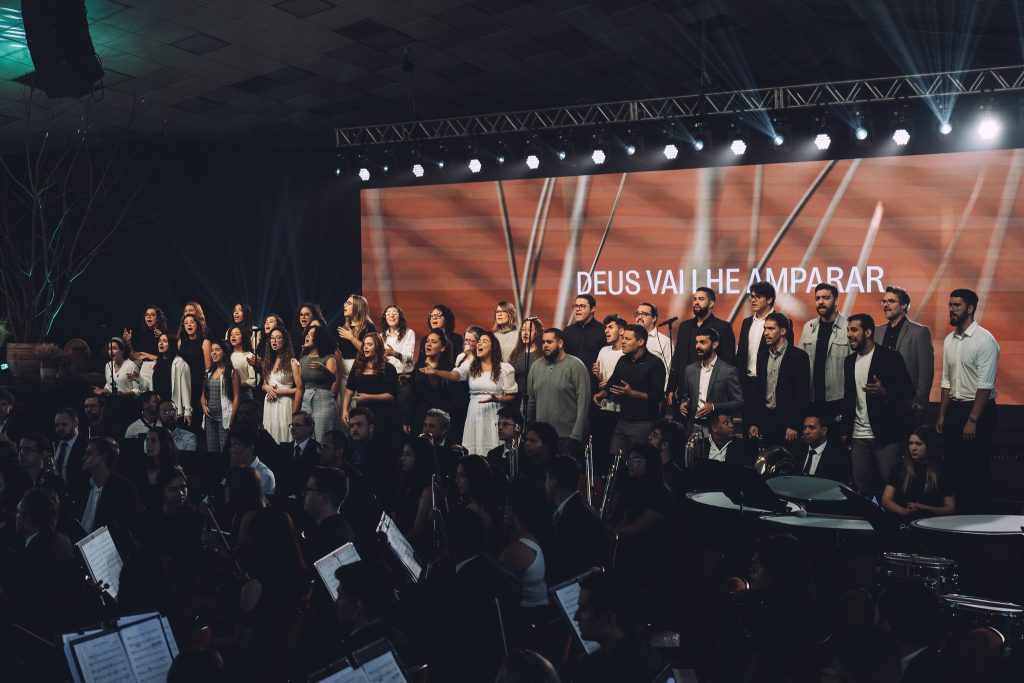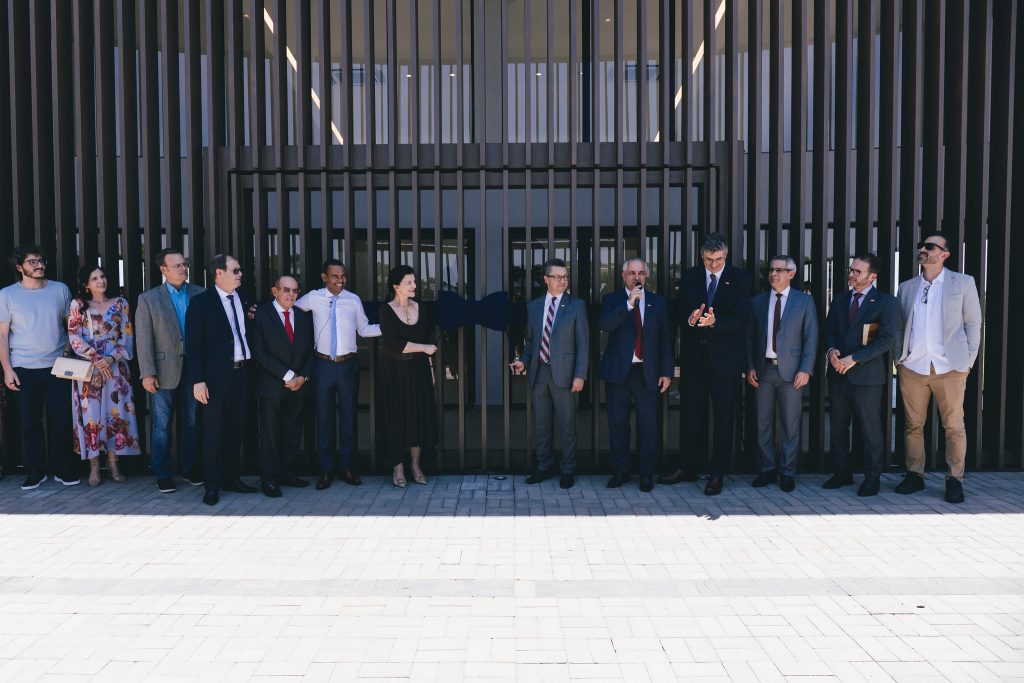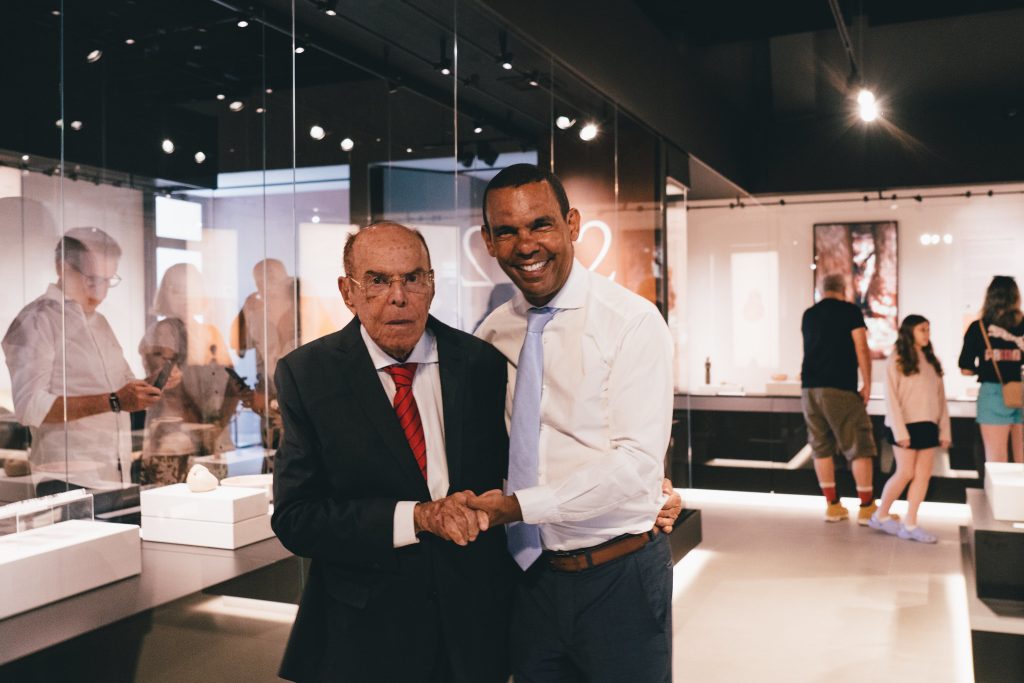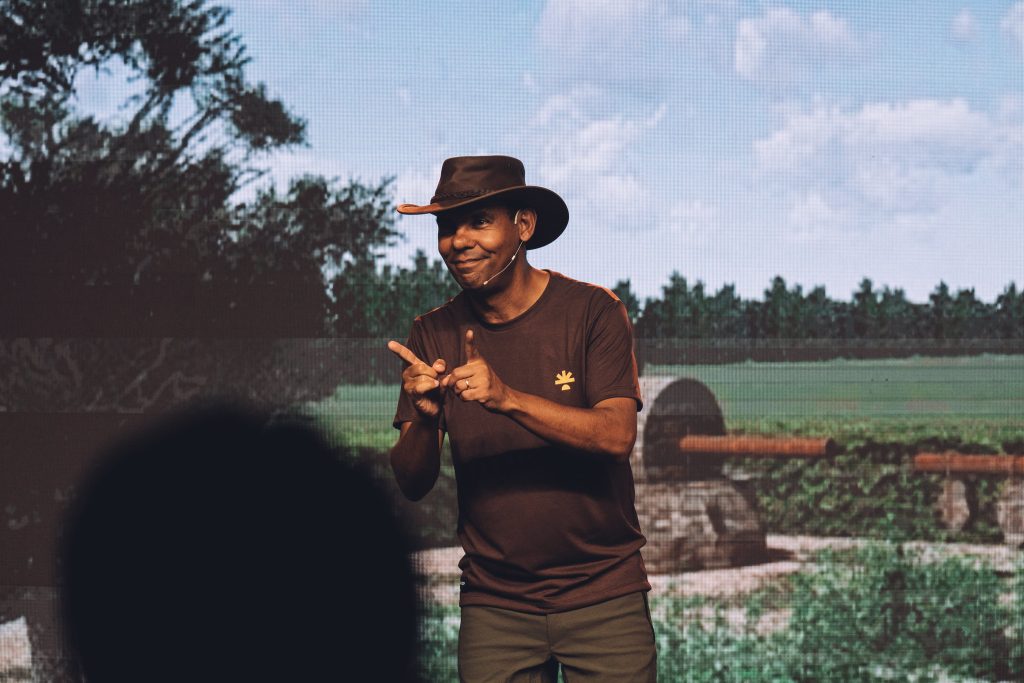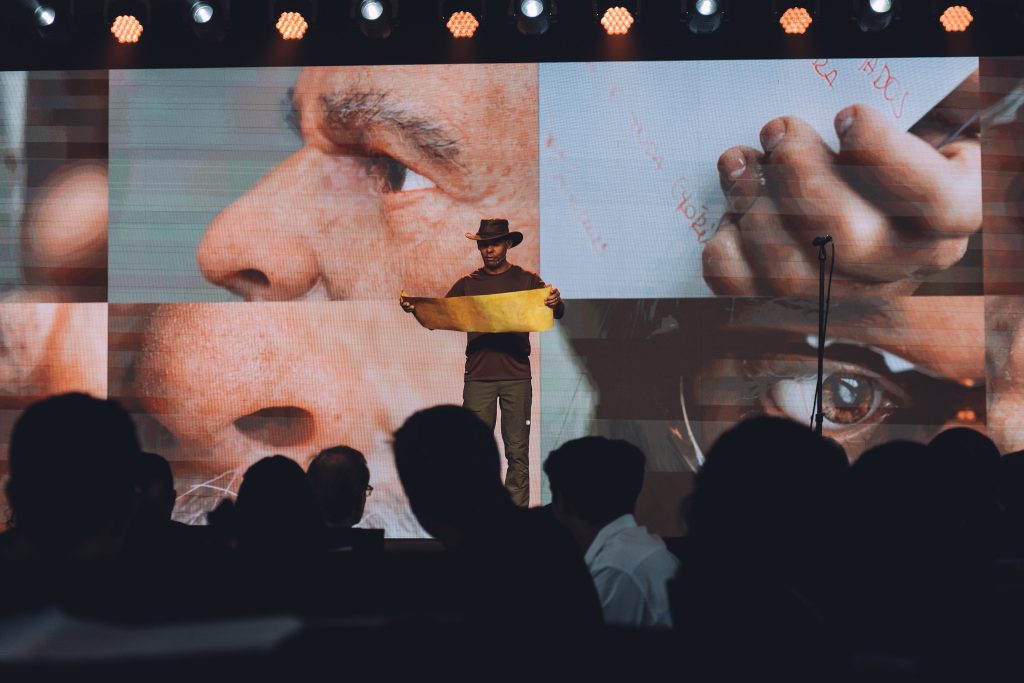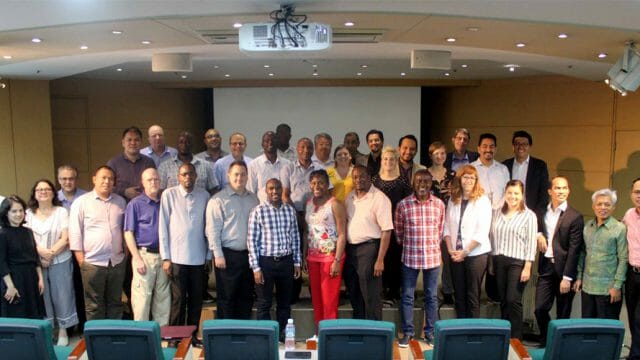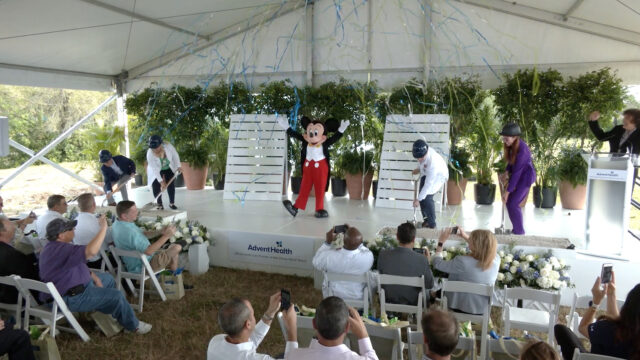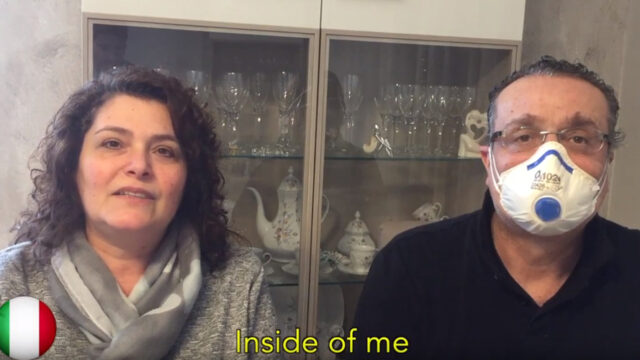Facilities bring together items from various eras that support the biblical account.
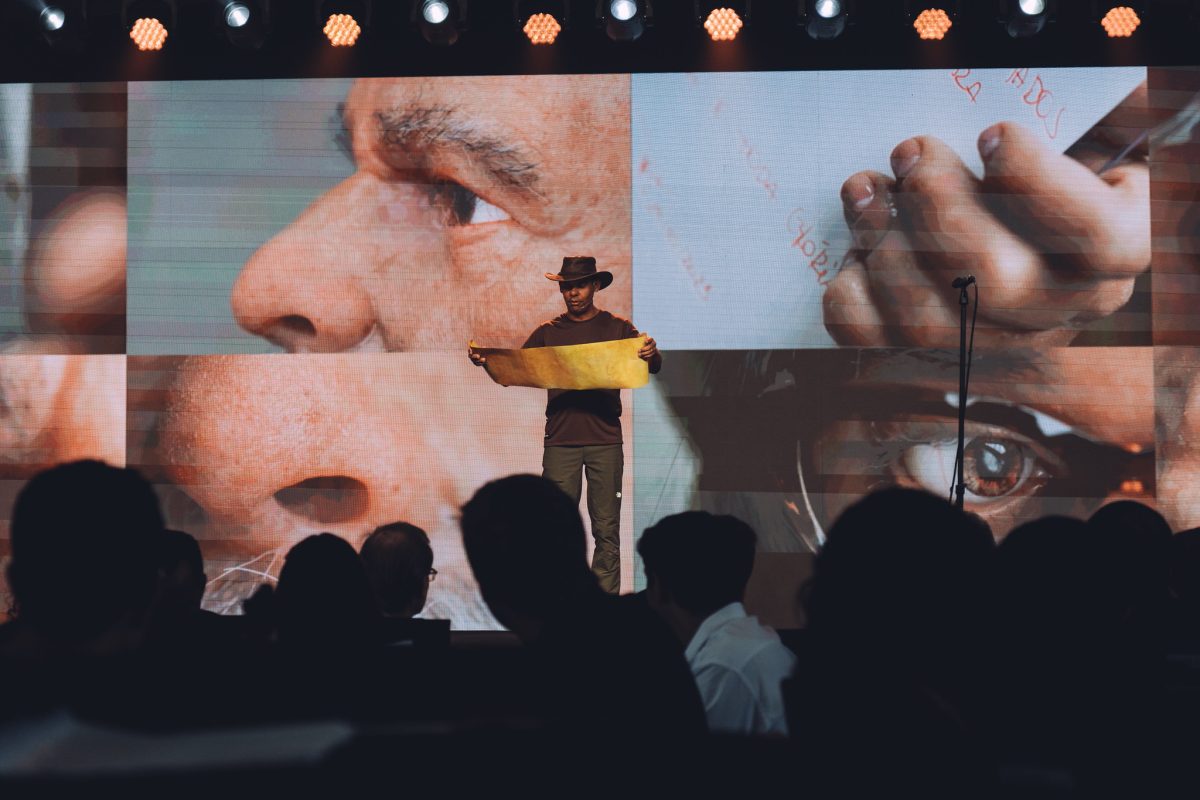
São Paulo Adventist University Center (UNASP) at the Engenheiro Coelho campus recently inaugurated the Museum of Biblical Archeology (MAB), the first museum of its kind in South America. Donors, officers, and guests attended the event, which also included participation from the project’s creator, Rodrigo Silva.
Donors were honored, as Silva gave an overview of the museum’s significance to the institution. “This is not a place to be visited; it’s a place to be experienced,” Silva said. After the ribbon-cutting ceremony, visitors could opt for one of seven tours through the new facilities.
About the MAB
The symbol in the MAB’s logo is an oil lamp, one of the most widely used objects in antiquity. In the same way that this piece aims to illuminate, the MAB seeks to be the light of God’s Word for all people, school leaders said. “With this museum, the Seventh-day Adventist Church gives the biblical text the importance it deserves,” said Gilberto Kassab, secretary of government and institutional relations for the State of São Paulo.
In addition, MAB brings a new perspective to those who already know the Bible but who do not realize that it includes idiomatic expressions, culture, and geography that inform its interpretation and veracity, school leaders said. “The museum’s displays include items from the biblical times to more modern times in Brazil,” Silva said. “The goal is for people to read the Bible in a three-dimensional way, helping them to strengthen their faith.”
It also uses biblical knowledge in a scientific way to stimulate the development of critical thinking among students, leaders said. “Having a museum that values the Bible and connects it to science is the ultimate step for an educational institution which wants to encourage progress in all kinds of knowledge,” UNASP dean Martin Kuhn said.
Interior Layout and Bible Garden
Visiting MAB is like entering a time warp, leaders said. With about 3,000 original pieces and dozens of replicas, the exhibition covers more than 4,000 years of history through a timeline that goes all the way from the Ancient Bronze to the Byzantine period. “We think of the museum as if it were a flexible box, where the collection is more important than the architecture itself,” architect Thiago Pontes.
Upon entering, visitors will find a replica of the floor of the temple in Jerusalem from the time of Jesus. This specimen is unique in Brazil, with only two other reproductions located in Israel. An ancient brick with cuneiform writing also stands out in the exhibition. The piece has important significance, as it mentions King Nebuchadnezzar, who was responsible for conquering Judah, destroying the temple in Jerusalem, and taking the people of Israel captive to Babylon in 609 B.C.
The museum’s pieces date back to the 2000s B.C. and come from various parts of the world, such as Israel, Egypt, Jordan, and some European countries. Special care is provided to the one-of-a-kind collection pieces. “We take special care to ensure that the pieces are preserved, such as ensuring the correct exposure of light according to the type of material and coloring,” Sergio Micael, a historian at the museum, said.
Outside the facilities, there’s also a Bible Garden with several species of trees and objects with biblical meanings. Examples of these are: the grapevines, which symbolize the blood of Christ; the wheat mill, which represents the body of Christ through bread; and the olive mill, symbol of the Holy Spirit, because of the olive oil.
Much More Than a Visit
For Elizabeth Laffranchi, a teacher and donor, the MAB has meaning that runs from the spiritual to the educational. “Children, and sometimes even adults, need to see something concrete to believe in our wonderful God and in the history of God’s people, which is why I contributed to make this initiative come true,” she said.
The visit was also significant for Amanda Félix and her family, who live in Rio de Janeiro and learned about the inauguration through the course “The Bible Annotated,” led by Silva. Although the family had reserved tickets for one of the scheduled visits, they were told tickets had sold out. Eventually, leaders learned about their plight and allowed them to visit the facilities and be present at the inauguration ceremony. “It was God who allowed us to be here today,” Félix said.
The original version of this story was posted on the South American Division Portuguese-language news site.


